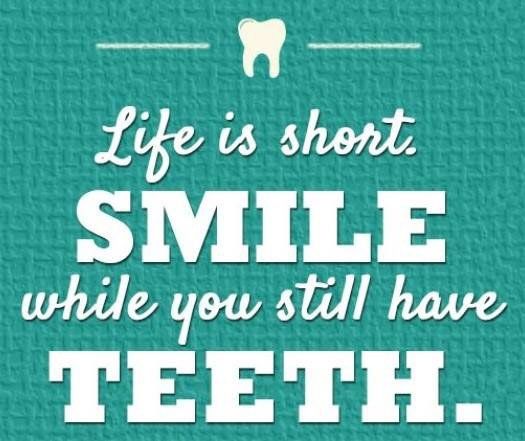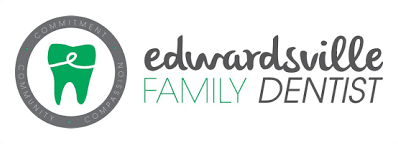Compassionate Pediatric Dentistry near Glen Carbon, IL
Providing dental care to children requires more than dental expertise; it requires a strong understanding of child psychology to ensure that young ones grow to view the dentist with trust rather than anxiety. Phobias beginning in childhood often continue into adulthood, and considering the critical role routine checkups play in safeguarding both dental and overall health, it is very important to find a well-trained pediatric dentist. Luckily, Dr. Moody is every bit as good at alleviating the anxiety experienced by kids as he is with adults, and his steady professional hand will ensure that every trip is as painless as possible.

Roles of a pediatric dentist
A dentist specializing in the oral health of kids must focus on four things: education, monitoring of growth, prevention, and intervention. Children are sponges for information, and if good dental habits can be presented in a fun yet meaningful way, kids will internalize the information for the rest of their lives. Because their bodies are constantly changing, it is important to monitor the physical development of the teeth and jaw to head off any issues before they become painful problems. Finally, a pediatric dentist must be very skilled in the diagnosis and treatment of problems that do occur, whether it be an injury, malocclusion or bruxism.
The first visit
A child's first visit to the dentist is incredibly important for making a good lasting impression! This impression goes both ways, as it is important for us to learn about a child's habits, family health history and to give any specific recommendations. For the child, it is even more important for it to be as stress-free an event as possible. Using positive language and explaining calmly what the dentist's office is all about will help relieve the anticipation somewhat. It is also quite important to make sure that any distracting stimulus (namely other children) be left at home. Bringing another adult along to tend to your child while you ask questions of the dentist can also be very helpful. Our offices are designed with child psychology in mind, and provide a warm, welcoming atmosphere. Visit our office near Glen Carbon, IL.
Injuries
Let's face it: kids play rough and are not always aware of their surroundings and sometimes sustain injuries that affect their oral health. Knocked-out teeth (avulsions), forcibly impacted teeth (intrusions), lateral displacements, crown and root fractures are unfortunately quite common, with over 1/3 of all children experiencing some form of dental injury. In most cases, the process is the same: rinse the area with warm water, apply cold compression, administer pain relievers, and contact your pediatric dentist right away. Avulsions require you to keep the tooth clean and moist, either in a glass of milk or saliva (or letting older children carry the tooth in their mouth where it can stay moist). More serious traumas should always result in a trip to the emergency room, avoiding as much excess movement as possible (or calling an ambulance to take care of it with full confidence.)
X-Rays
X-Rays are extremely versatile diagnostic tools, as they can reveal cavities, tooth decay, orthodontic misalignments, bone injuries and diseases before they become worse. It is recommended for all children to have periodic x-rays taken to monitor developments in their jaws and teeth. While parents and children may both express concern about exposure to x-rays, the process is approved by the American Academy of Pediatric Dentistry (AAPD). Although the amount of radiation used is actually quite small, lead aprons are used to protect vital organs and all precautions are taken to safeguard your child's health.
Fluoride
Studies have shown conclusive evidence that fluoride provides many benefits for children's oral health. Fluoride protects tooth enamel, and promotes the body's natural remineralization of damaged enamel. However, it is important to make sure that the dosage ingested is not too high. You should only use ADA-approved, fluoride-free toothpaste for children under the age of two, and a pea sized amount of normal toothpaste for older children. Some children may require fluoride supplements, but this should be left up to your pediatric dentist to decide.
